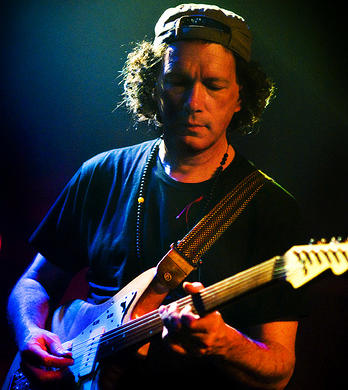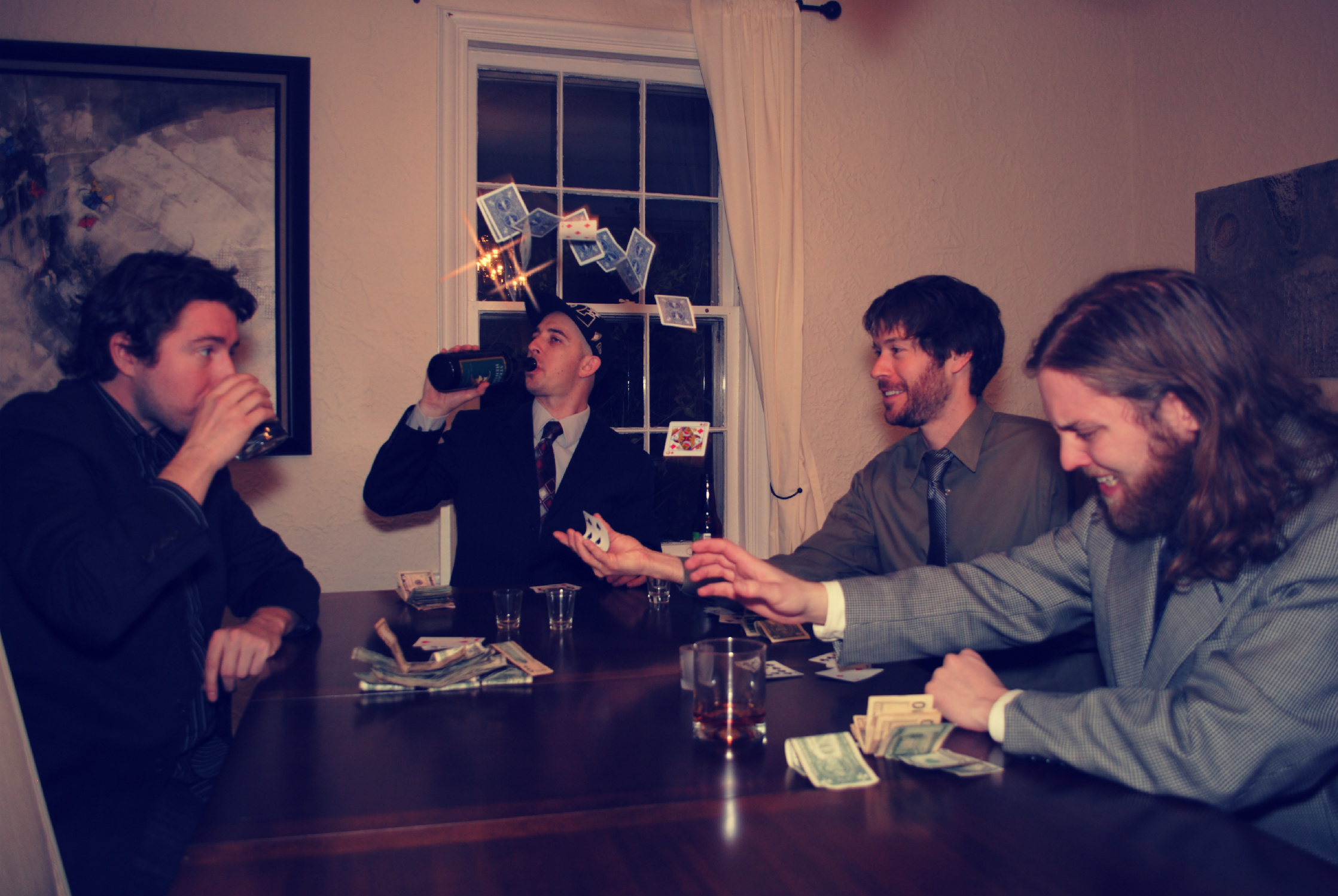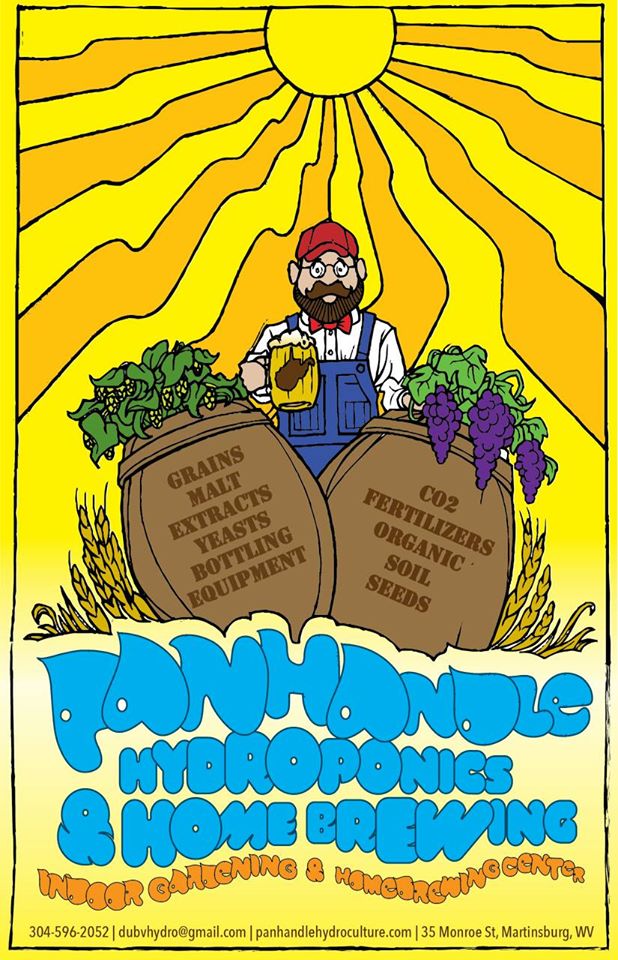Steve Kimock
Appalachian Jamwich Exclusive Interview
by Nick “Echo” Hobbs
One of my favorite things about festivals is the chance to see musicians play with other artists, sometimes even out of their own genre. It’s a chance for the artists to tackle new styles and can introduce new musicians to the listeners as well. No one man encompasses that idea more than Steve Kimock. The list of music royalty that he has joined forces with is impressive to say the least. Kimock has played with Warren Haynes, The Allman Brothers, Derek Trucks, The Rhythm Devils with Mickey Hart and Bill Kreutzmann, Bob Weir’s Kingfish and RatDog, Phil Lesh & Friends, The Other Ones, Merl Saunders, Bruce Hornsby, Buddy Miles, Jorma, and Keller Williams to name a few of my favorites. And that’s just a taste, the list is too long. But you’d better believe he took a little flavor from all of those sounds and developed a style unlike many others. Now Steve has teamed up with the legendary Bernie Worrell of Parliament, Wally Ingram and Andy Hess to bring us a funked out blues infusion for us to sink our teeth into. Recently I had a chance to talk with Steve about his past, present, and future musical endeavors.
Is there anybody that you’ve never gotten to play music with that you’ve always wanted to play with?
You know who I’ve been doing a little bit of playing with, that I’m interested in doing some more playing with, is Nikki Bluhm. Have you heard of Nikki Bluhm and the Gramblers? They’re both like eleven feet tall (laughing) but I love what they do. They’re such good people, so I hope to do some more with them. And there’s Eternally, a collaboration waiting in the wings, with my old friend Jerry Joseph of The Jack Mormons and Stockholm Syndrome. He’s one of my favorite writers. He’s not that far from “as good as it gets.” The way he delivers his tunes, he’s got a very street attitude to a lot of stuff. There’s too many to mention, already mentioning those and not necessarily leaving people out. Collaboration, whether it’s working with somebody, studying with somebody, or teaching somebody, all of that stuff where you are musician to musician, is essential. It’s just as essential as listening. You have to be able to work with people.
While we’re talking about other musicians, how did you get hooked up with Bernie Worrell of Parliament or P-Funk?
It didn’t happen through me or Bernie directly, it was through my son John, my oldest son, he’s 23 now. He was playing locally here in Lehigh Valley, and he was in some kind of funk band, and eventually Bernie came and sat in with him at a local club. He told me about it and I said it was awesome. Eventually Johnny mentioned to Bernie, “You know my dad plays guitar?” So Johnny brought Bernie to the house, and we played and had a great time. So now we play whenever we can.
Do you get together and do shows with your son?
Oh yeah, he’s been coming to my gigs and playing since he was literally two or three years old. I think two was the first gig he played with me and Merl Saunders. He was a little baby in a stroller, and we taped two buttwipe containers on the side of the stroller and gave him two sticks and he was just flying around beating these containers. So he comes to just as many of my gigs as I do his.
We were on Dead tour when we heard about you, we were told to check out this slide guitarist named Steve Kimock. I think my first show seeing you might have been in Boulder, but we were told that Jerry Garcia said that you were his favorite “unknown guitarist.” Did you know that he called you that?
Yeah, that was in Guitar Player magazine back in the 80s, ’88 or maybe ’86, it was the edition with Danny Gatton on the cover half covering his face with a mask. It was “great unknowns” and the guitar player advisory board, consisting of all these great guitar players, among them Jerry Garcia, was asked to tell folks who they were enjoying that other people may not have heard.
Did you get to play with him, how did he know about you?
No, I didn’t. It was a very small community where everybody was. Everybody was in Marin County, California, at one point back in the 70’s. I guess, Mickey [Hart] had already moved to Sonoma County and had gotten a ranch together. Pretty much everybody was right there in town somewhere. There was a lot of musicians around and I showed up and met people. Crew people, friends, musicians and so forth. When people got to hear me play, they would say “Get that guy, get that kid.” So I would get to play with so many people. It was just a natural thing in the neighborhood.
Well, you know, some of us that are part of this magazine are some of the biggest Dead heads around and we’re just looking for an excuse to keep Jerry in our life.
(laughter) I support that.
So you’ll be coming up here to DC March 9th? We’ll be sure to bring some Jamwich crew.
We appreciate the support, please come. Music heals. The idea of community, fellowship, all of that, you know. The bands change but the idea is the same, letting down your hair with your friends to the music.
I wanted to ask you real quick about Japan. Was your last tour there your first in Japan?
Well, no, I’ve been there a bunch of times. The last time I was in Japan was for the Fuji Rocks festival there, which I’ve played twice now. It’s awesome over there, it’s a great place. The people are awesome, very respectful of the music, and I love going there.
Is it a foreign scene, or is it a mix of people from all over the world?
Oh it’s just Japanese! And I don’t speak any Japanese, and you know they have the whole other different written language, too. If you go to Germany, or Spain or something you can look at a sign, and at least use parts of the words to maybe figure out what it means. In Japan you don’t have a clue as an English speaking person. It’s like being abducted by a UFO and dropped off in this futuristic, technological culture, it’s really fun.
And it seems like the music transcends the language barrier?
Oh yeah, that’s how I’m successful in what I do, being primarily instrumental there’s nothing lost in translation. You get it.






